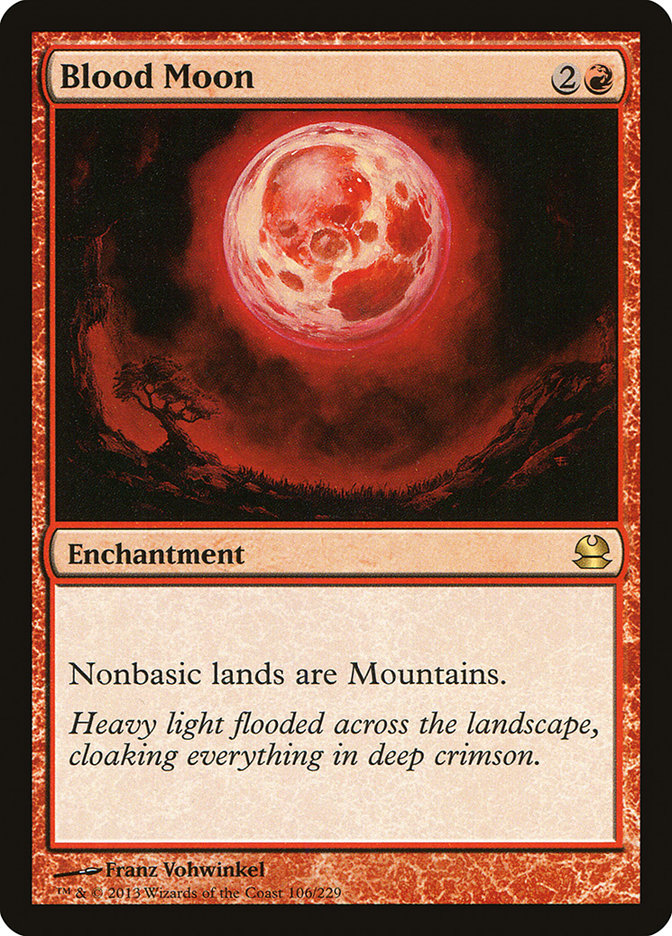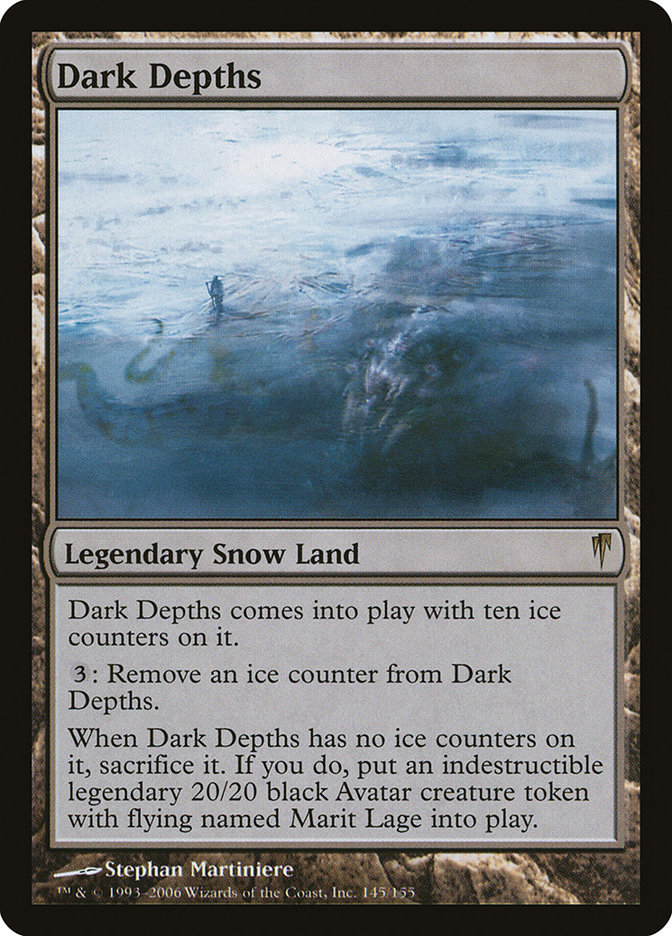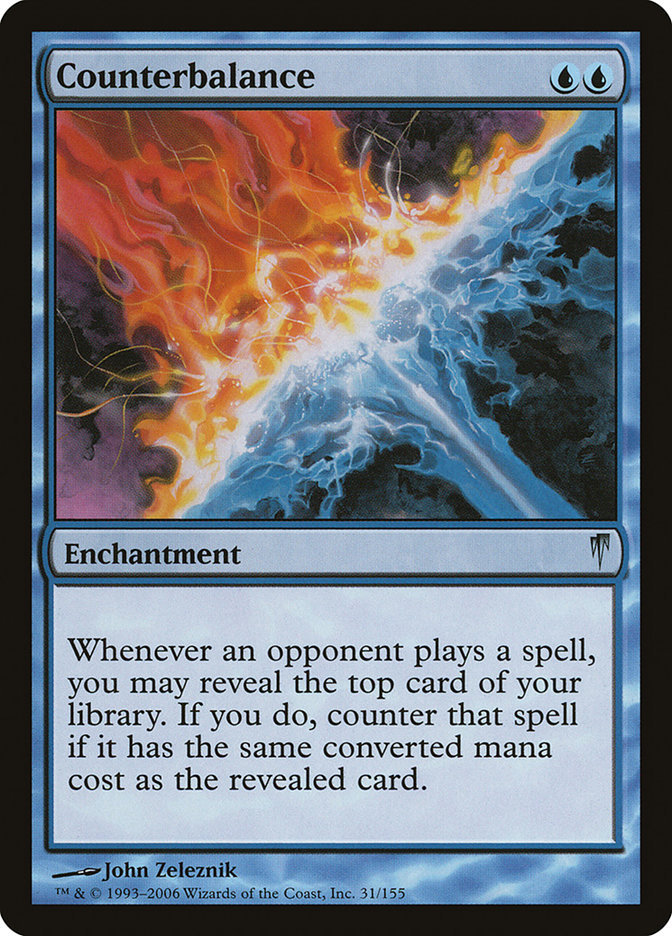There are many things you can do to improve your tournament performances, some physical and some mental. I want to avoid spending time on the obvious things like getting sleep and drinking water. There is much more involved in tournament preparation that isn’t discussed enough.
This is a subject I tried writing about in the past that generated very polarizing opinions. People come up to me to this day and say that article had a positive effect on them. I also had to develop some pretty thick skin to read the comments from those who disagreed with me. I still remember writing about truly “wanting it;” I felt that I held a truth that was not seen by everyone. I was excited to share my perspective because it could help people assess their goals in Magic.
I never saw an article describing the great lengths you must go to in order to compete at the top level back in 2010. Six years later, I have seen a few pros describe this in an article, but with more tact than I did as a brash youngster. I still feel “wanting it” is the most important aspect to compete in tournaments, but there are many other considerations.
Mental
“Why me?”
That’s something we ask ourselves when something good or bad happens to us. When we set a goal, it can seem unattainable until it’s in the rearview mirror. Sometimes when I try hard to accomplish something, I might not even realize where I am until a year or so later and think “wow, I did it.” That’s a great place to be, since it implies I didn’t let a fear of success lead me to failure.
Let’s shift gears to a Magic tournament. It has been a grueling eight hours of play, but there’s one match left before the Top 8. You have never made the Top 8 before, or it’s at least been a while. The bubble match is always the toughest because you’re carrying the pressure of all the previous matches. It all comes down to this.
“Why me?”
“I’m not that good. I don’t deserve this.”
That voice creeps up from time to time and never helps anyone.
There are many great players out there that don’t have the recognition they deserve because a premier Top 8 eludes them. I’ve been around the tournament scene for fifteen years at this point, so I know a lot of them. There might be one at your local shop, too.
Some of them do manage to break through that ceiling and make their mark. It might have taken them years to get to that point. After it happens once, it’s way more likely they achieve that same point again. Did they magically get better overnight? Did they have it in them all along?
“Why not me?”
In 2010 I cracked the Top 8 of Pro Tour San Diego, the premier tournament for the release of Worldwake. I spent years practicing. I spent years grinding. The closest I got to a big Top 8 was ninth place on tiebreaks at a Grand Prix. After missing on tiebreaks, I was so close I could taste it. I knew I could crack the elimination rounds.
Once I was playing on Sunday at the PT, I felt at home, even though it was uncharted terrain for me. It might seem daunting to play with bright lights and cameras in your face, but I don’t think it is. It’s why I play. I want to challenge myself to reach higher. Accomplishing your goals means conquering the occasional obstacle you thought was impossible.
After Top 8ing a Pro Tour, I no longer felt anything holding me back. Soon after, I made Top 4 of Grand Prix Washington D.C. before losing to Owen Turtenwald.
What are the odds that all of this winning happened at once? I have seen these streaks happen in Magic all of the time. It’s as if a new player is born overnight. The reality is they wanted it and the invisible constraints are no longer holding them back. Anyone can do this. It takes luck, skill, and letting go of the fear to succeed.
Stay Calm and Collected
Magic is a game of luck. I wouldn’t expect outrageous odds on the best player in the world losing to your average PTQ grinder.
Once you get to a certain point in your game, it’s possible to beat anyone.
How well you played the game also can have nothing to do with it at times. Just because you beat the best player in the room doesn’t mean they’re dethroned. If you go 0-2 drop, it doesn’t make you terrible. The same can be said about winning; make sure it doesn’t go to your head.
It can be challenging to accept your game always needs work. We’re all striving for perfection and none of us will ever get there. The only time to start to panic is if you think there are no better plays than the ones you made in a game. It’s never true. You’re lying to yourself if you think otherwise. Keep improving.
This tends to bite me when I do well in an event and I make changes to my deck for future tournaments. I think something along the lines of “yeah, I won, but I think the deck would be better like this.” I’m rarely correct; I won because I had a great deck. The metagame rarely shifts overnight, so the deck will be just as good next time. Sometimes I get ahead of myself when I should have stuck with the winner.
This happened to me back in the Extended season of early 2010 when Thopter-Depths dominated. My friend, DJ Kastner, and I made a Zoo deck that combined our two favorite disruptive aspects of the format: Boom // Bust and Blood Moon. It turned out to be a great deck for the metagame and I won a PTQ for Pro Tour San Juan on its maiden voyage. A month later, I could have played the deck at GP Houston but instead played a wild Zoo deck that involved Congregation at Dawn searching for Bloodbraid Elf, Knight of the Reliquary, and Eternal Witness to do it all again. The deck was great in theory, but worse than what I was playing before. Boom // Bust Zoo was great and it ended up losing in the finals to Adam Yurchick. I think I would have had great success in that event had I stuck with my guns.
Staying calm and collected on the losing side can also be a challenge. How many of you have gone on tilt? I certainly have a fair number of times. It’s never worth it, folks. I have made friends through the years that made a terrible first impression on me by tilting off. You will see all of these people again and again.
When I get upset, I try to craft a story on why I lost that was beyond my control. There’s always something I could have done differently, but Magic is always going to be a game of chance. Maybe I did get unlucky. Who cares? My opponent might seem sympathetic, but that’s because I was being awkward and they’re just agreeing with me so they can leave quickly.
Don’t make excuses for yourself. Learn from your mistakes and accept you’re just along for the ride.
Your local store is full of people who you see on a regular basis. It’s important to build them up because they can challenge you. Maybe they’re not as good today, but if you help them stay on track they will be great. When I returned to competitive Magic in 2014, I was the only one qualified for Pro Tour Magic 2015. Michigan was a wasteland for competitive Magic for a while when some key players left. Now that a group in Ann Arbor has a common goal of doing well in tournaments, we have built each other up. I don’t think anyone in that group would be individually as skilled as they are today without a solid group. Having a group to test with and work toward a common goal is invaluable.
Have an Escape
Magic can be an escape for many people. It’s a way for them to not get burned out with their day-to-day life. For others it can be a job, producing content and competing in tournaments each weekend. Magic definitely felt like a job when I was an undergrad because I spent so much time competing and writing. It burned me out within a year. I was only going to school because I felt that was what I should be doing at the time. I would regret it if I didn’t go, but it didn’t serve as a respite for the times I wasn’t playing Magic.
Now that I’m done with school, I work full-time as a financial analyst. My job is fun, so when I’m not playing I can immerse myself in finding value (which is great). Since I have two things going on, they act as counterbalancing forces. I have found competing in Magic events that involves hours of preparation can be much easier when I can turn to something else when I am feeling burned out.
This is very important because of how quickly information now spreads in Magic. I treat each tournament like a test. There are a few websites that I read every day for new content; this lets me know what other people know.
Since the big Magic sites are so influential, a few authors have the power to influence the metagame. I need to know what they’re saying in order to better tune my decks. Each article is one data point that ultimately forms a broader metagame. This is especially helpful when a new set is released. There are so many ways to build decks using the new cards. There’s no way to come up with all of this on your own.
Each Tournament Is a Learning Experience
When I’m preparing for a large event, I make sure to play plenty of local events. It’s better than just testing with friends because it forces you to sideboard. Magic Online can be a great tool, but you need to acknowledge the metagame moves much more quickly. The more I play, the more I tune my deck to win on Magic Online, and the more I move away from reality.
The best thing for me to have happen is get a swift kick in the pants and go 0-2 drop every now and then. It keeps me eager to work hard and continue innovating. A loss can be just as good for you as a win in the short run if you’re doing something wrong.
It’s important not to get too attached to the deck you’re playing. There have been times where I won a lot with a deck, but I knew it wasn’t good enough. Local events can be helpful to make tweaks, but sometimes you win with a suboptimal deck. Be honest with yourself when this is the case.
Go Forth
That’s all I have for today. I hope that most of these topics can be applied to not only your game, but life in general. Best of luck to everyone at the Pro Tour and #SCGStates this weekend.





